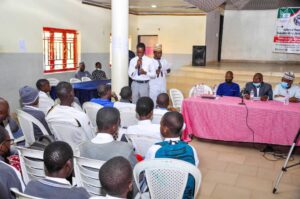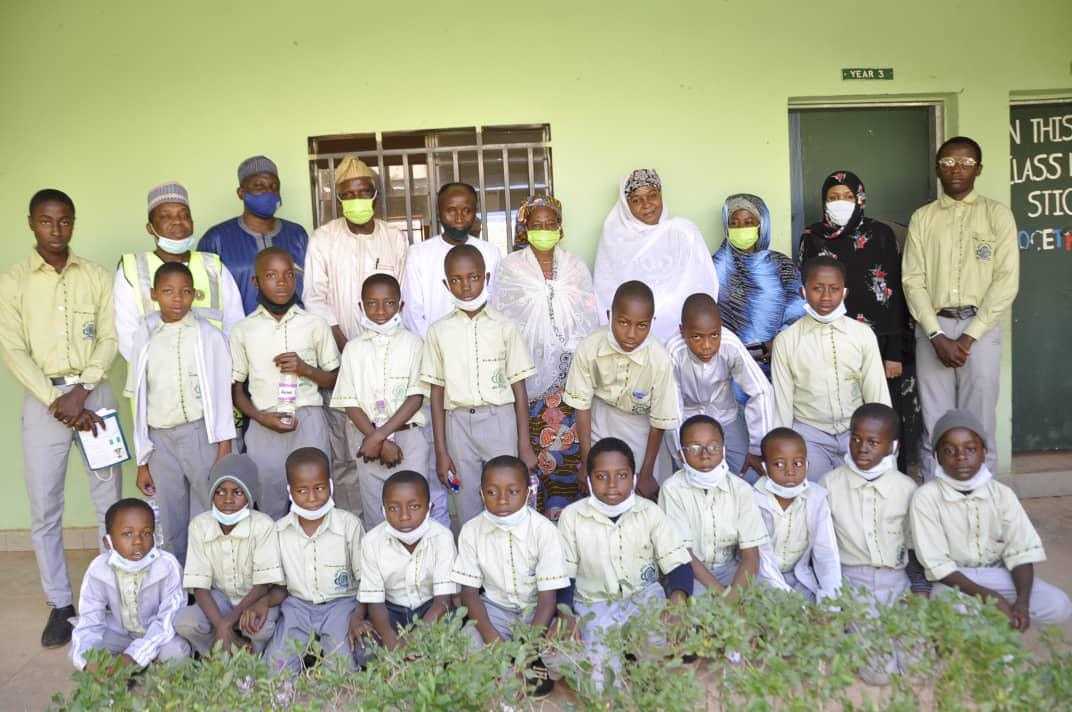“Through education, dialogue, and community engagement, the Muslim Peace Network in Kaduna turns divisions into cooperation, building trust, inclusion, and sustainable peace,” says Imam Hussain, MPN Executive Director
By Mariya Shuaibu Suleiman
In the heart of Nigeria’s Middle Belt, where interfaith tensions often simmer beneath the surface, a quiet revolution is taking place. The Middle Belt has long been a flashpoint for religious and ethnic conflicts. Young people often lacked safe spaces to learn peaceful conflict resolution, while religious leaders sometimes struggled to counter divisive narratives. Traditional systems like the Almajiri education model had become points of vulnerability, leaving children susceptible to radicalization.
Recognizing these challenges, the Muslim Peace Network (MPN), founded by Imam Hussain Makanjuola, set out to address the root causes of conflict by engaging trusted community actors.
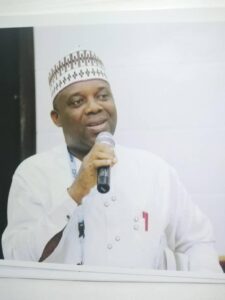
MPN Responses and Initiatives
Between 2021 and 2023, MPN launched several flagship initiatives that brought this vision to life. Its peace education programs for youth in Kaduna and Plateau taught young people dialogue, digital literacy, and peer mediation to counter hate speech and violence.
Religious teacher training workshops equipped Islamic and Christian clerics with skills in conflict sensitivity and tolerance, enabling them to convey peace-focused messages in sermons. Through Almajiri stakeholder engagements, parents, Qur’anic teachers, community leaders, and policymakers came together to improve the welfare of Almajiri children and reduce their vulnerability to radicalization.
MPN also combined social support with faith-driven education in its widow empowerment and Ramadan lecture programs, showing how zakat and waqf could help marginalized groups build resilience.
Each initiative aimed at promoting social cohesion, strengthening resilience against violent extremism, and empowering communities to lead peacebuilding efforts.
Impact Speaks
MPN’s programs have yielded measurable outcomes. Surveys indicated a 25 percent increase in youth willingness to collaborate across faiths, while sermon monitoring revealed more frequent peace-oriented messaging and reduced divisive language among trained clerics.
Local leaders reported fewer interfaith tensions around festivals and political rallies, and widows who participated in support programs expressed improved livelihoods and confidence in joining community discussions.
Personal stories highlight the tangible impact of these programs. Maryam Ahmed, an SS1 student at Malika International School in Malali, Kaduna, recalled, “Before the training, I often saw people of other religions as different. After learning dialogue skills, I now have friends from both faiths, and we work together on community projects.” She said.
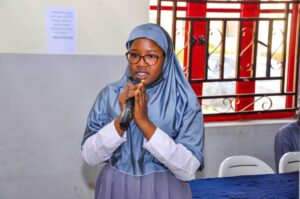
Similarly, John Abraham, an SS2 student at Rare Gem International School, Kaduna, shared, “Learning how to resolve conflicts peacefully has made our class more united. We now work together on school projects and help each other without letting our differences divide us.” He noted.
MPN Also Building Partnerships

MPN’s work has thrived on collaboration. Reverend John Sunday Akor, General Overseer of God’s Love Auditorium Church, calls MPN “the new peacebuilding machine,” praising its focus on nurturing young minds and teaching peaceful coexistence where schools have not.
Also, Mr. Ahmad Tijani, President of the Rotary Club of Kaduna, added that “The partnership between the Muslim Peace Network and the Rotary Club over the past five years has touched lives, bridged differences, and uplifted the vulnerable. Through dialogue and cooperation, we have nurtured understanding among diverse religious groups in Kaduna.”
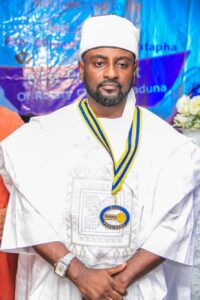
Through these partnerships, MPN has expanded its reach, creating networks of youth leaders, religious mentors, and local advocates who amplify messages of peace and reconciliation.
Challenges Remains
Despite successes, MPN faces challenges. Funding is often limited and unpredictable, some conservative groups resist reforms, and the demand for programming across multiple states exceeds available resources.
However, in other to address these hurdles, MPN has leveraged partnerships with interfaith councils, women’s groups, and local authorities, and has adopted technology, using social media and radio jingles to reach wider audiences at lower costs. The network emphasizes trust-building through dialogue, avoiding confrontation, and ensuring communities are active participants in the process.
But the network still needs support and funding to ensure growth and sustainability to thrive.
Looking ahead, MPN aims to institutionalize peace education in school curricula, provide sustained livelihood support for vulnerable groups, and secure systemic government buy-in to ensure its initiatives endure beyond individual project cycles.
In Kaduna and Plateau, where peace has often seemed fragile, the Muslim Peace Network’s work is proving that lasting change is possible. By nurturing young minds, empowering marginalized groups, and building bridges between communities, MPN demonstrates that peace is not a distant ideal, but a reality cultivated one conversation, one student, and one community at a time.
